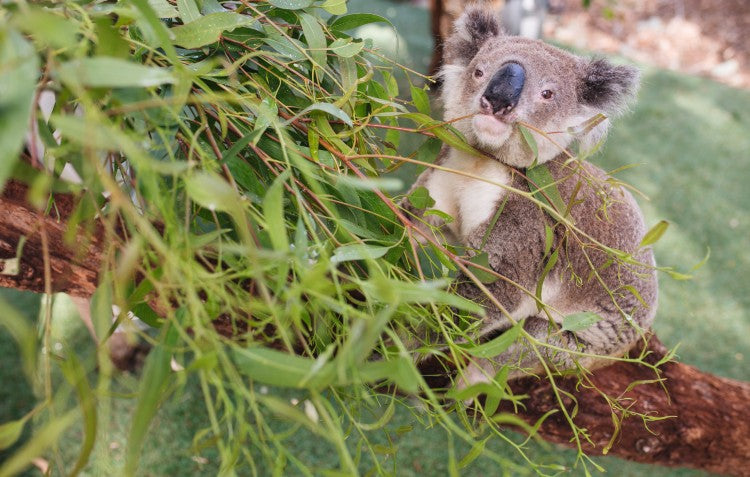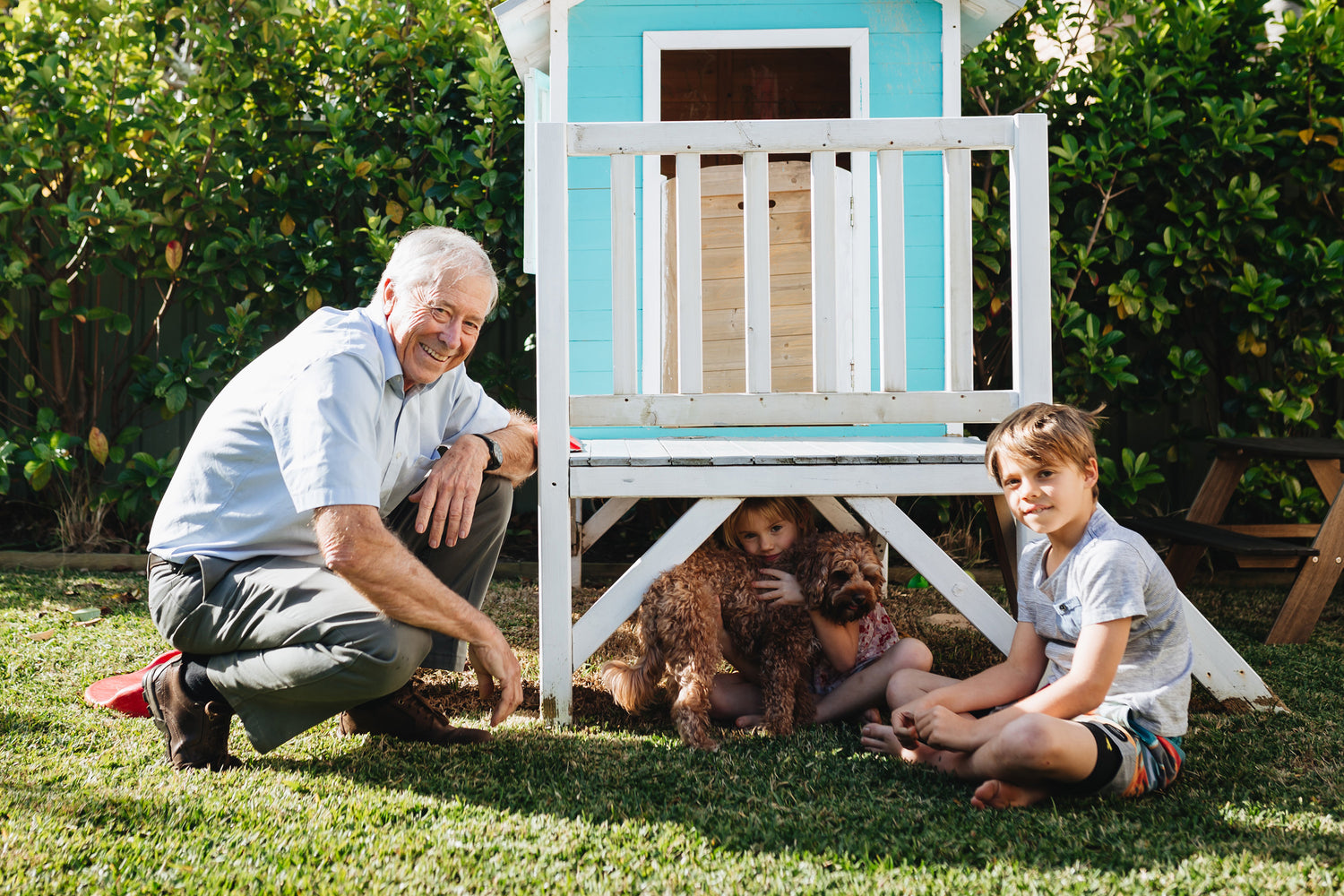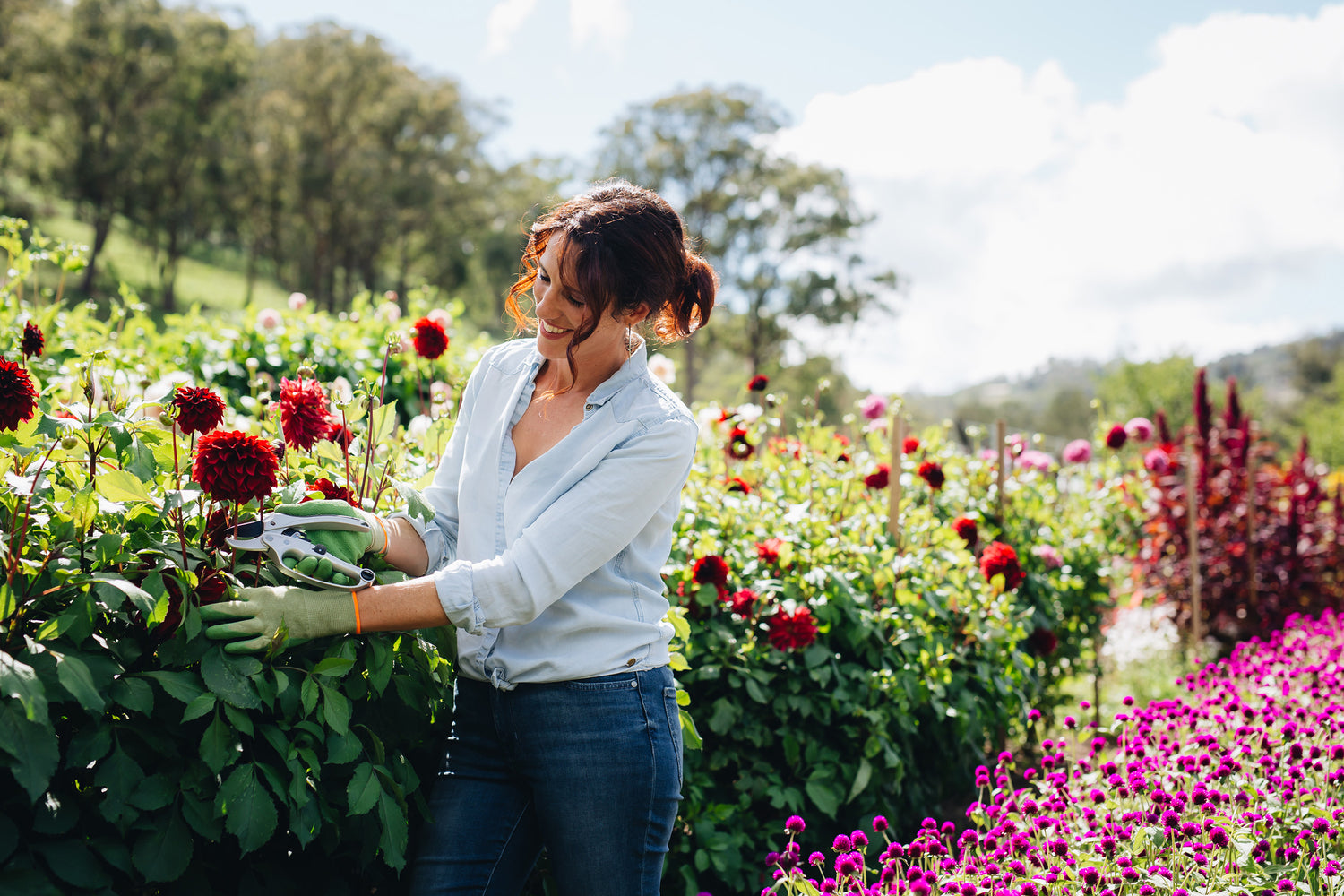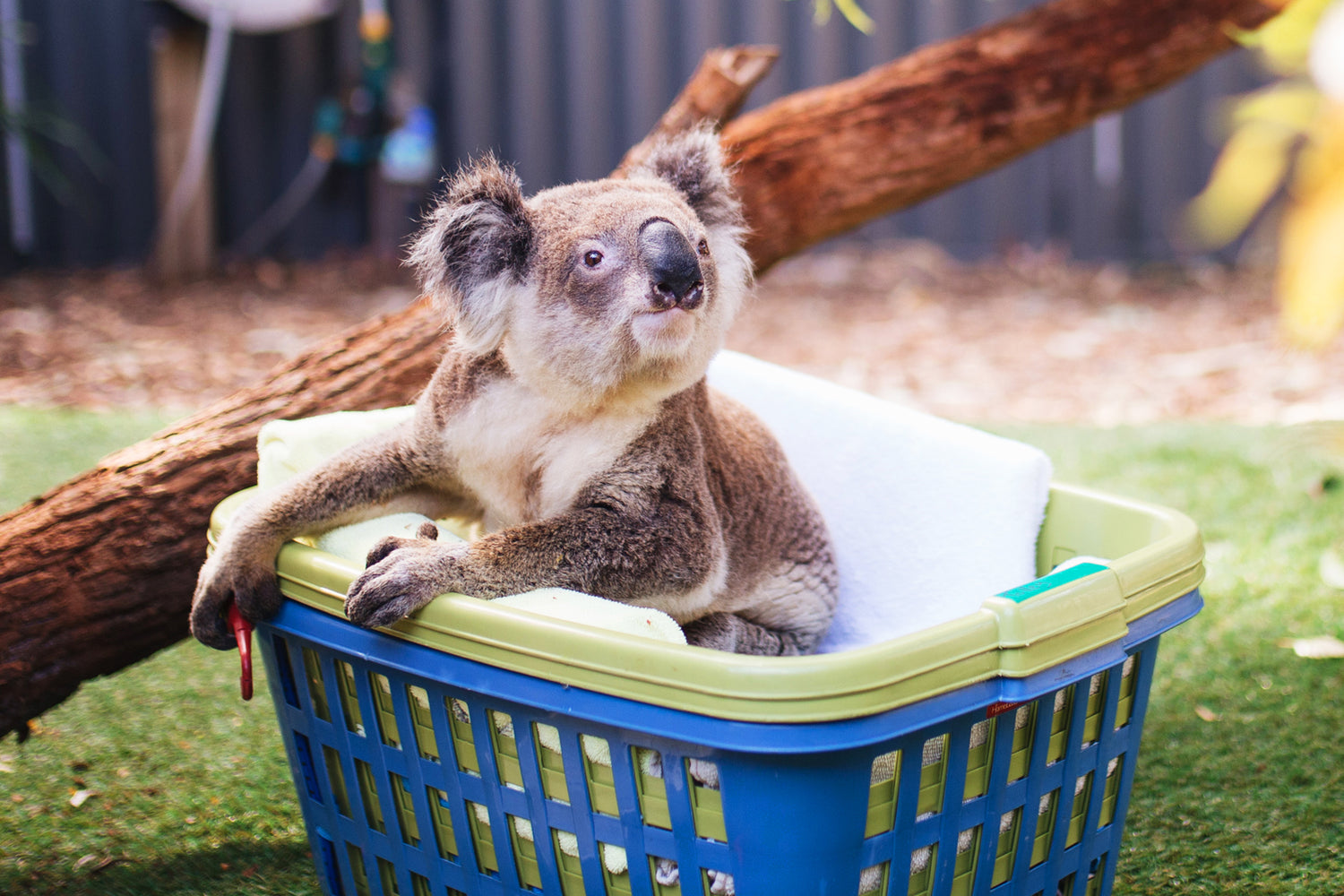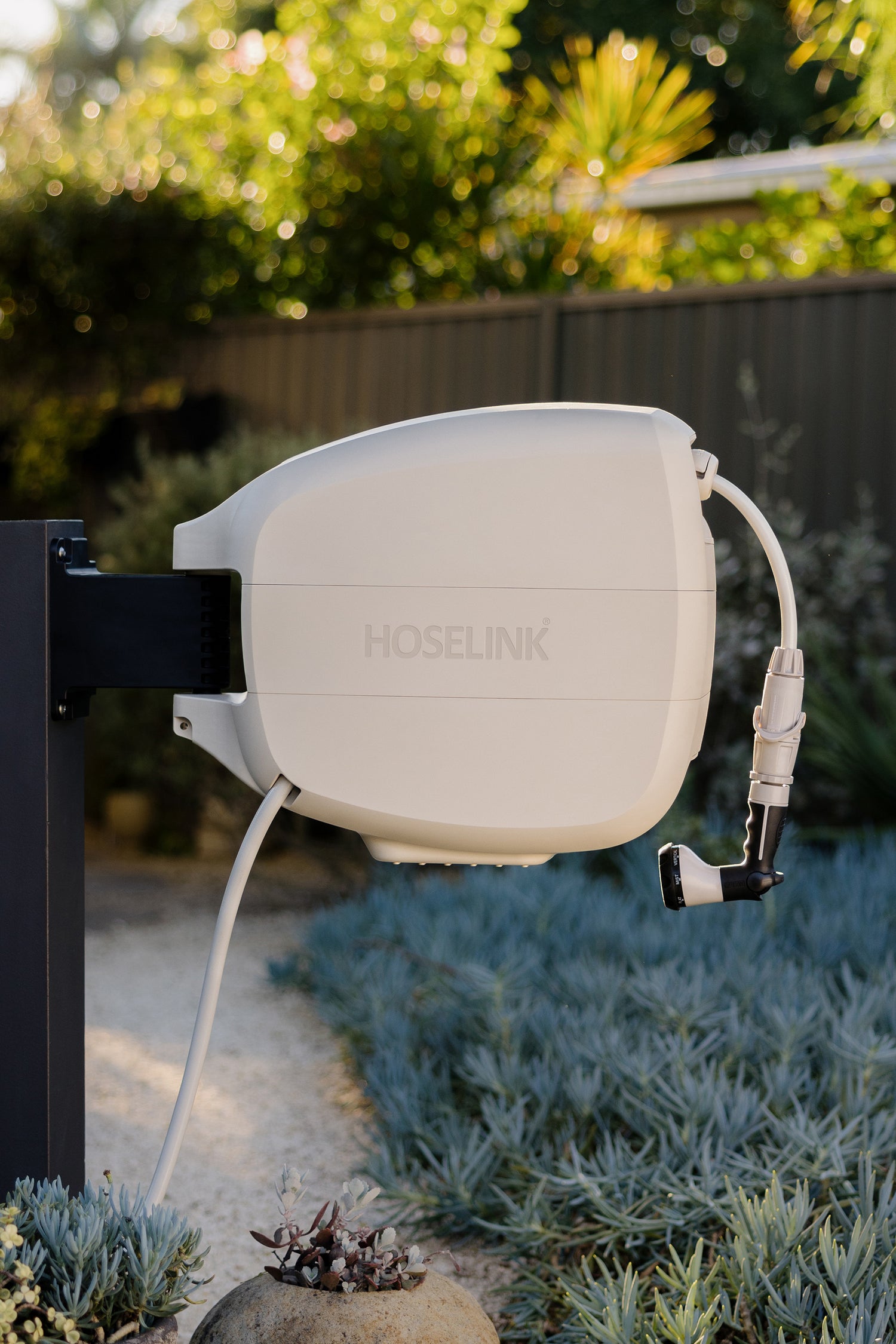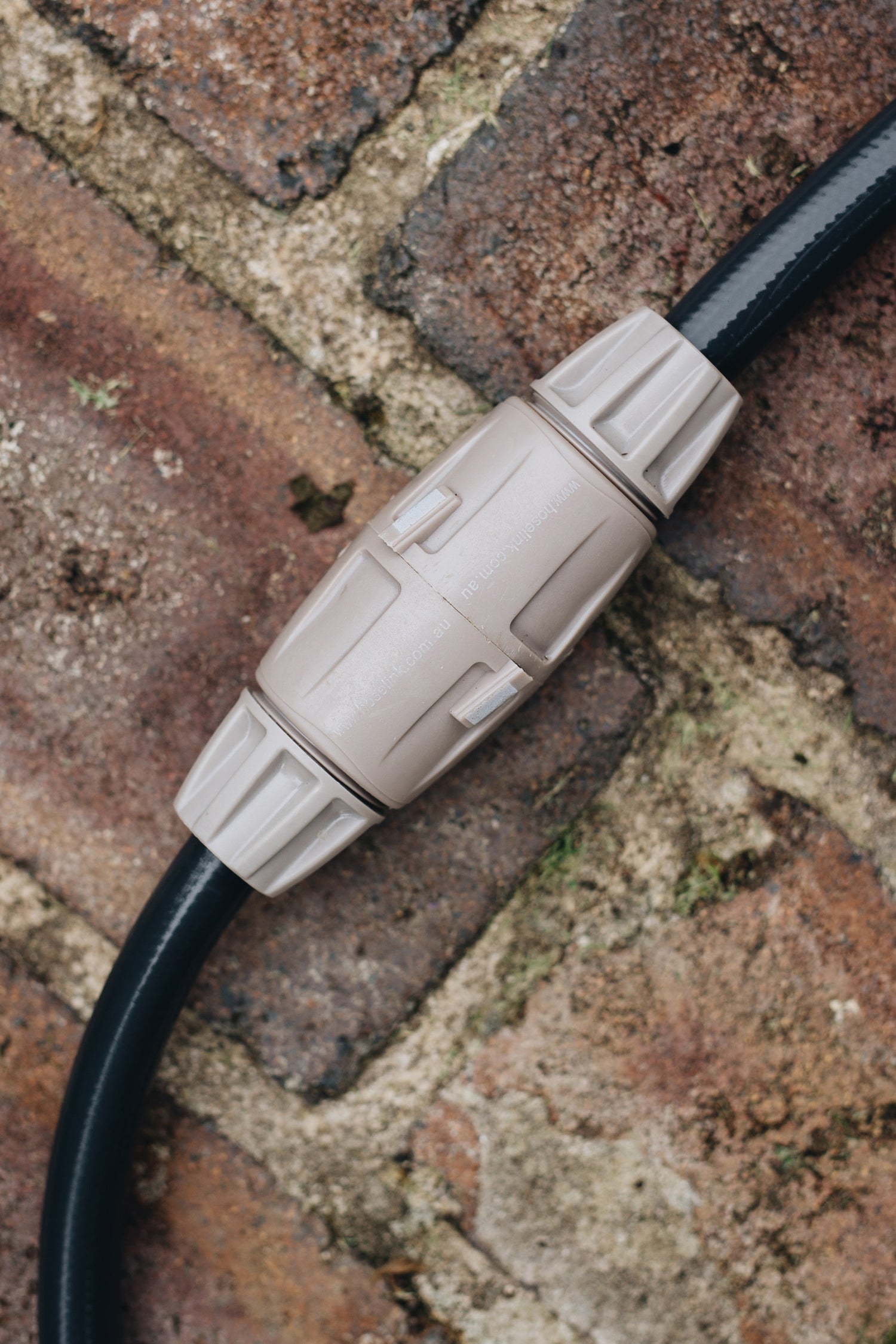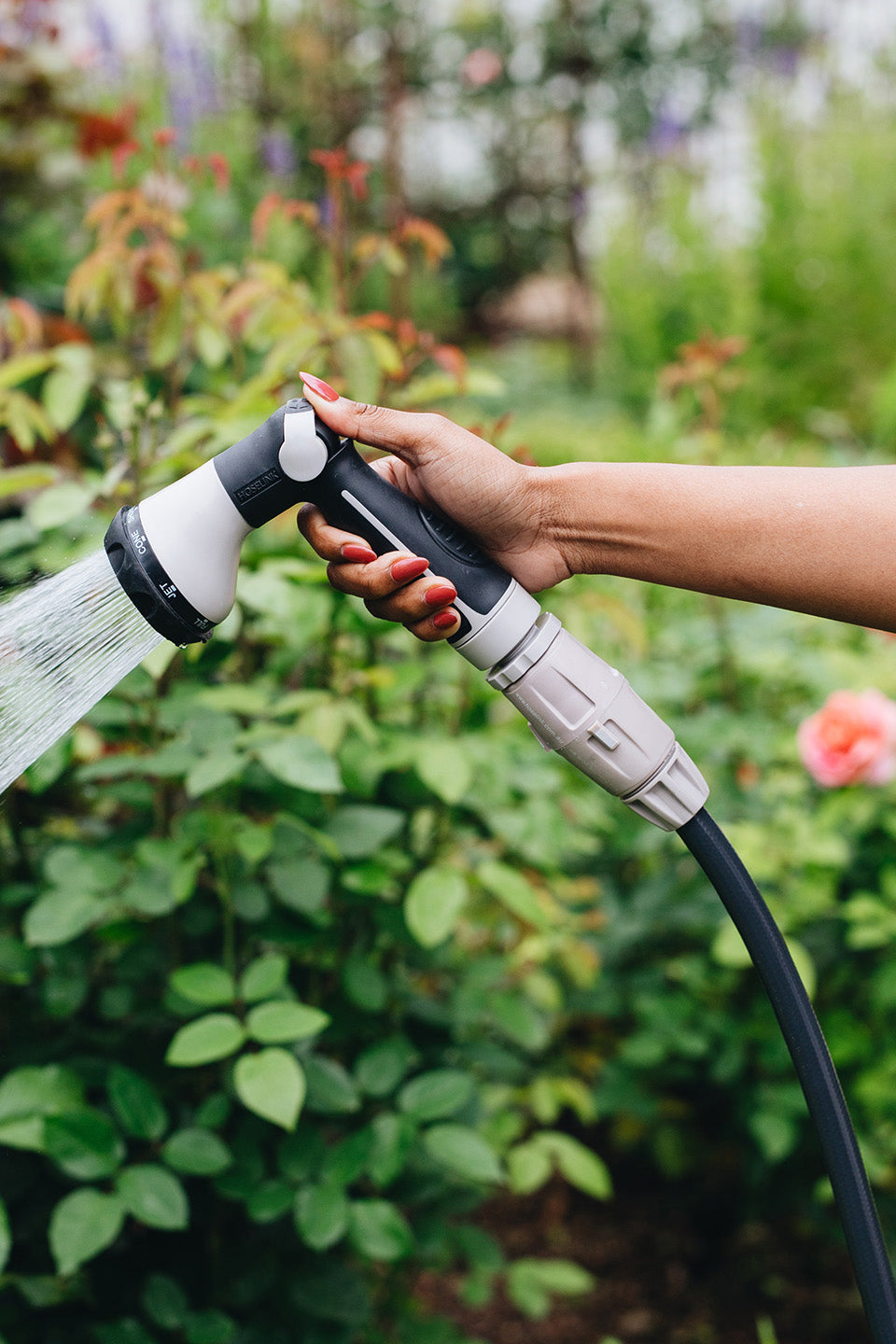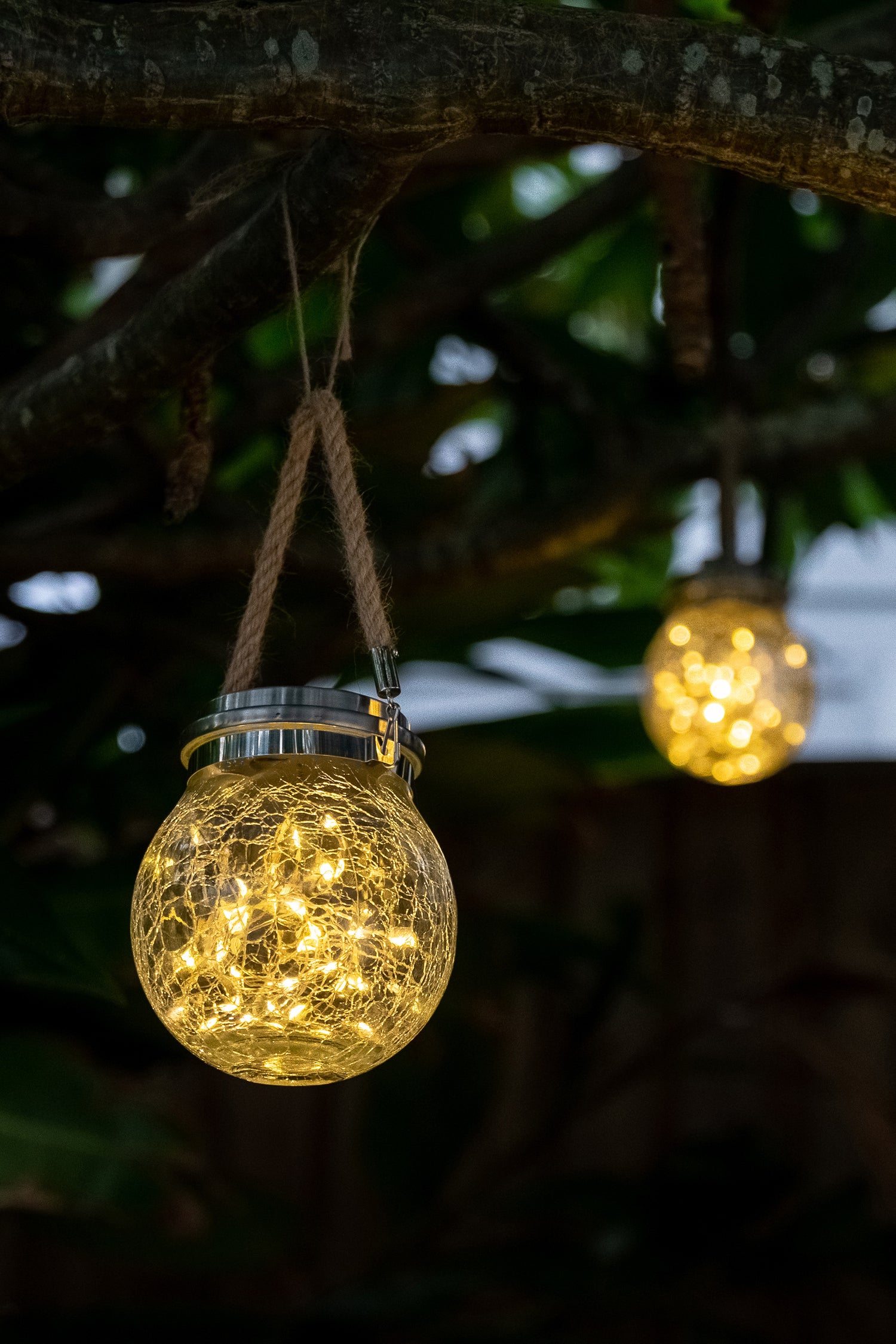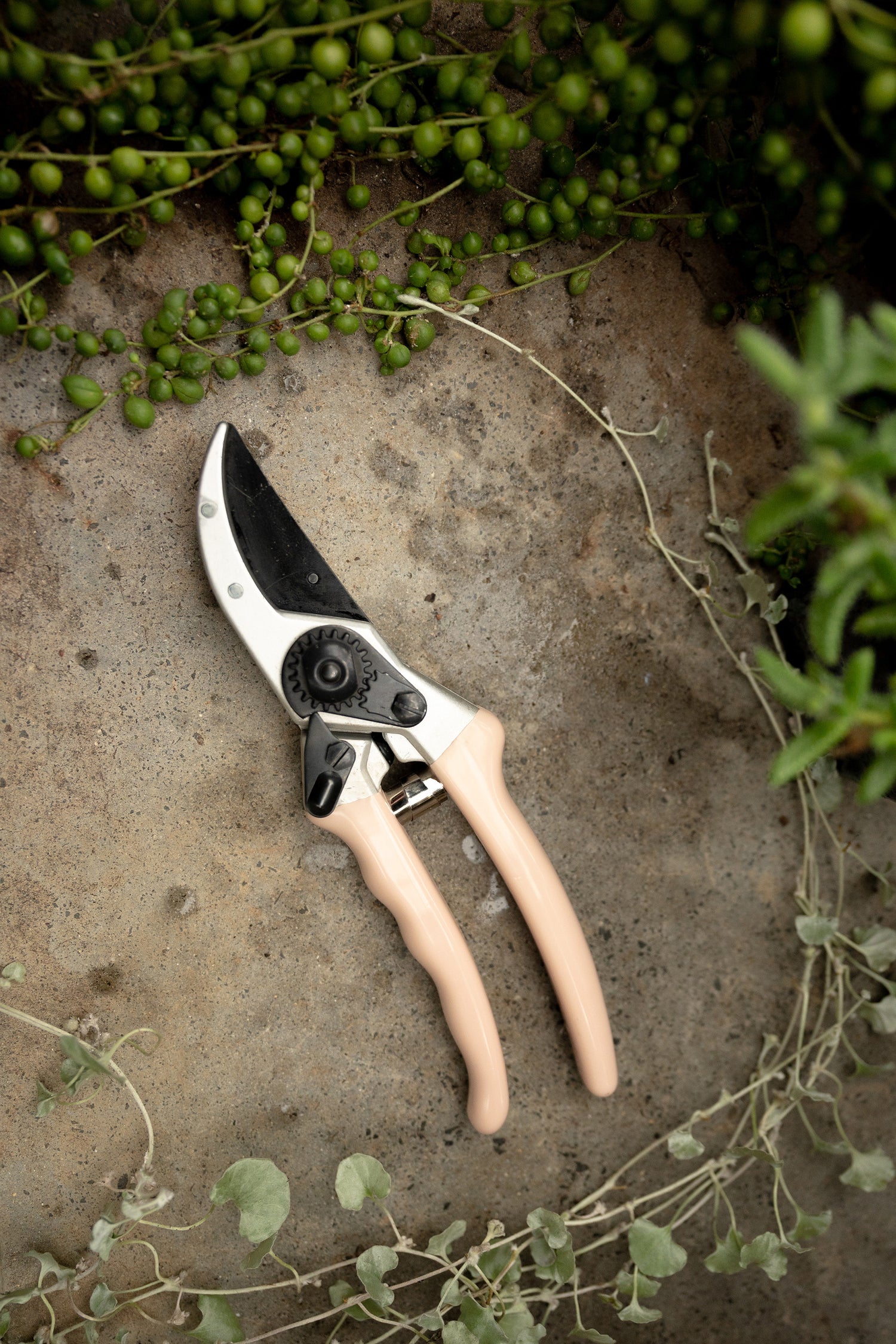World Wildlife Day is an annual event held on March 3rd but was originally founded by the United Nations in 1973 to ensure awareness of animals and plants remained. This year, the theme is ‘recovering key species for ecosystem restoration'. With many species of endangered flora and fauna and their prospects not looking healthy, it is important to raise awareness and attempt to reverse their fate. Education is a crucial element of this to understand how to support this cause as well as safely and responsibly interact with our wildlife.
Looking for ways to get involved? Beyond education, it is great to support World Wildlife Day in other aspects. These include having a garden that attracts wildlife, supporting wildlife conservation projects, being aware of endangered species, and donating to the World Wildlife Fund. You can learn more by clicking here.
Wildlife conservation and the preservation of our home is of huge importance to Hoselink. This is why we are proud to support organisations that champion this cause. In light of the upcoming World Wildlife Day, we would like to take this opportunity to introduce you to three organisations that are proud partners of Hoselink, all of which are passionate about conservation and are an integral part of raising awareness.
Wheen Bee Foundation
As Australia’s only registered Bee Charity, the Wheen Bee Foundation does a lot of the heavy lifting when it comes to awareness and education. Not only that, but they also support research activities through fundraising. Bees play a vital role in pollination, providing a service like no other to diversify not only the plant landscape but many of the foods we grow. If you would like to donate to the Wheen Bee Foundation and its efforts, you can do so by clicking here.

Australia Zoo
Australia Zoo has been instrumental in the wildlife conservation movement. Since their establishment in 1970, the Irwin Family have worked hard to educate and promote saving our precious wildlife. While you may know them for their zoo, their onsite animal hospital has been working hard to save endangered and injured animals including native wildlife that has been affected by Australian bushfires. Supporting Australia Zoo in their wildlife conservation efforts has been fantastic and highly rewarding and we are excited to see what the future holds for this important cause. If you'd like to get involved, you can support the wildlife by clicking here.
Port Stephens Koalas
With koala populations at an all-time low, Port Stephens Koalas play an extremely important role in these times. For over 30 years they have strived to save and rehabilitate koalas back into their natural habitat. Koalas’ role in our ecosystem is critical, by consuming excess vegetation, they reduce the risk of bush fires. Furthermore, during the wet season, their droppings allow for the ground to be nourished and regenerate the undergrowth. These droppings also feed the smaller wildlife. Hoselink is proud to partner with this dedicated koala sanctuary and hospital in New South Wales. If you would like to donate to Port Stephens Koalas, you can do so by clicking here.

How to attract wildlife to your garden
Learning of the endangerment of many of our wildlife species, you may be wondering what you can do to help. If you have a garden at home, whether big or small, there are many steps you can take to attract wildlife and assist in keeping them around for the greater good.
Install a birdbath
Birds live in almost every climate in Australia and therefore play an important role at the top of the food chain. They are also known to improve your garden by restoring some of the imbalance that may have been created. To attract birds, providing water, a safe place to land and food are all essential. Installing a birdbath is easy and low maintenance, and it can also make an excellent eye-catching feature in your garden. Almost every type of wildlife will require a drink of water, and a birdbath is an excellent way to ensure they can hydrate or cool off when needed.
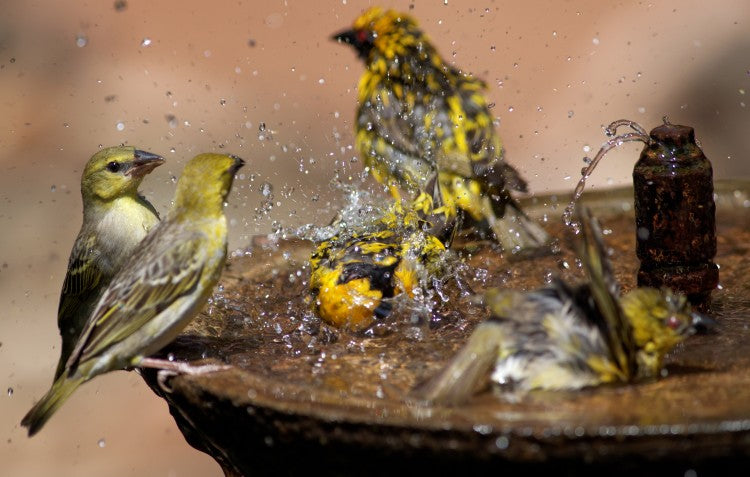
Keep an eye on your furry friends
If you have a pet cat or dog, be mindful that they may scare away or prey upon potential visitors in your garden. If you are unable to supervise your pets whilst they are outside, consider sectioning off areas of the garden or backyard to be able to regulate who can go where and keep all wildlife happy and living in harmony.
Plant plenty of flowers
As we know, pollinators love flowers! Having a broad variety of flowers is great for birds and bees to pollinate and enjoy. As a bonus, you’ll have plenty of beautiful flowers to decorate with or create bouquets.
To learn more about how to attract beneficial insects to your garden, check out our video with Resident Horticulturist Ben Hayman for all his tips and tricks here.

Food
If you’re looking to attract birds and other animals, food is a great incentive. In terms of what sort of foods, fruit scraps can be placed outside in your garden and will attract native birds like lorikeets. Other bird food favourites are seeds, worms and nectar mixes. Try a few different varieties to see which works best!
Whilst it is great to supply food to birds or other species of wildlife, be careful not to put out too much. Restricting how often you put food out will ensure that huge amounts of wildlife aren’t going to overwhelm you and your garden space and won’t become reliant on it. It also helps to control the balance of species visiting you. If you are going to put food out, it is important to keep strict hygiene measures in place to ensure that no bacteria or germs are spread between creatures.
Have a diverse garden
This is much easier said than done, but ultimately, the bigger mix of plants, trees, shrubs and flowers, the better. Starting small is a great place to begin, and once you make some minor adjustments, the rest will follow! Having a diverse garden certainly does not happen overnight!
Ensure there are enough rocks in the garden
Permanent fixtures in your garden are an excellent way to ensure all types of wildlife, big or small, feel as though they have a safe place to land or climb. Rocks are great for creatures like lizards, as they can sunbake or use them as a safe place to hide.

What to do if you spot an animal that needs help
If you do happen to spot an animal who is hurt, or looks out of place or lost, it is important to help them. Whether this is in your backyard or out in your neighbourhood, call WIRES immediately on 1300 094 737. They will be able to organise a rescue thanks to its wonderful team of volunteers.

